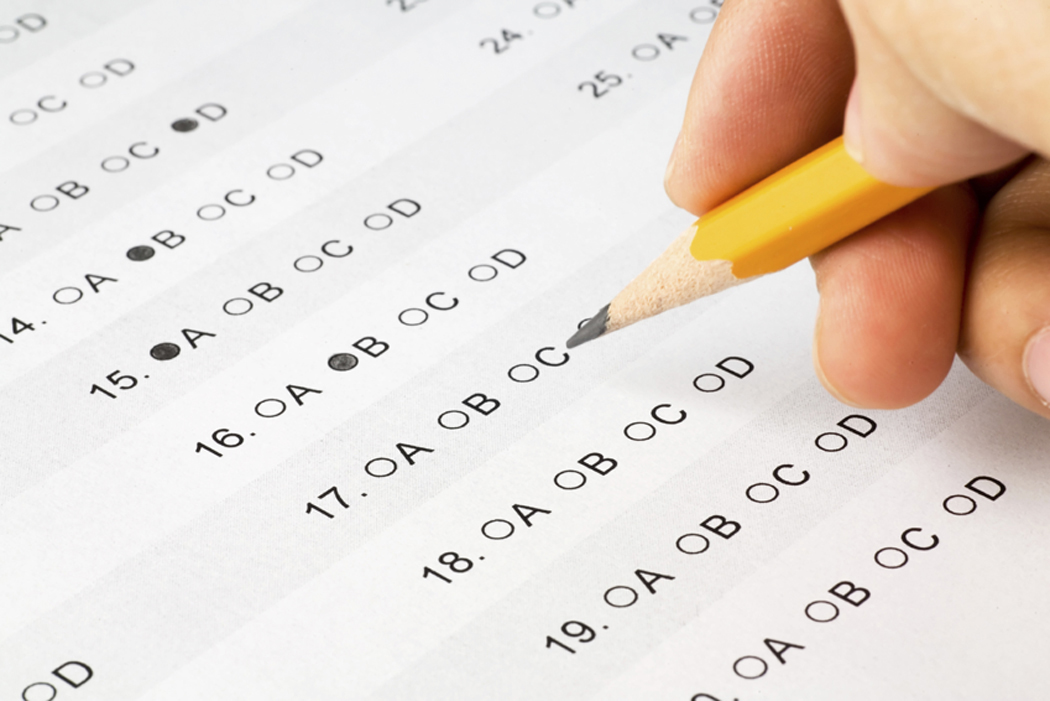Study Smart Study Less

Just when the weather becomes picnic-worthy and Paris comes to life, finals rears its ugly head and the impending doom of the semester-end exams haunt us in our dreams. But fret not! Here are a few tips and techniques to help you study and enjoy the warm weather.
Warning: These tips don't guarantee A's, especially if you don't do them.
Motivation is a lie
Every year, student's fall into the motivation pitfall. Like a quest for buried treasure, they search and wait for the "perfect" motivation to come, be it from a quote or from a fictional character. However, motivation is useless without discipline. Motivation is fleeting, discipline is not.
Of course, obtaining discipline is hard. Especially when we are already in finals. A good way to tricking ourselves to a degree is creating a weekly schedule and making studying a habit. The best tool is using either iCalendar or Google Calendar to keep track of the amount of time you have. First, set either calendar to a weekly schedule so you can see the days of the week and the hours of the day. Begin by filling out fixed time slots like when you have classes, events during the week you can't miss and/or extracurricular activities. Then begin by setting out when you'll be having your meals and if you're making them, accommodating the slot to include preparation time. Set other things in, like travel time and then you can begin to see how much time you actually have to study.
This technique does three things: one, it helps you visualize your time so you can manage it better; two, by setting study times you can set breaks so that it becomes more feasible and less intimidating; three, by creating a schedule and following it, a habit is formed and you begin to just do it.
Approach studying differently
Studying sucks. I know. Unfortunately, this way of thinking won't get you A's.
Instead of thinking how horrible it would be to study, look at studying differently. For example, If I study now then I won't have to cram before the finals and I'll have time to relax during the reading days.
Image Credit: PexelsSet achievable and clear goals
It's unrealistic to think that if you start studying during reading days and base all of your studying on reading the textbook that'll you'll achieve an A. This won't help you and it will just waste your time. If you only have a week to study, it's best if you create an achievable goal. Remember that little time table you created? Use it. Look at the amount of time you have to study and calculate how much of that time you'll actually spend studying. If you have 30 hours of study time during the week, then don't expect yourself to study for 30 hours during the week. Be realistic and cut it down. After, you need to look over the materials you need to study. Assess how much of the material you don't know, what's relevant, and the best way to study for it. For example, for Managerial Accounting I wouldn't focus on the terms the textbook presents, instead, I'd focus on learning the concepts by doing practice problems in the textbook or online and further focus on topics that I feel less confident in.
Spaced repetitive chunked quizzes
This is a combination of tips that I've found to be useful for when I study. The first thing is spacing out when you study. No one wants to sit in front of their computer for however many hours when its beautiful outside and the city you live in is Paris. That's just torture. So instead, study less but more frequently. By doing this, you reduce the amount of time you study and allows you to use the time you're in the metro to study instead. Of course, you'll need to do the regular desk-chair-study routine, but this just shortens that time and allocates it to other periods through your day so you can do free up more time to get drunk.
The second part of this little technique is mini quizzes. Notes are great and all, and you spend some time making them, but they aren't as effective. Constantly quizzing yourself on the topics is way more efficient. You've done this before by using note cards, so it's not a new phenomenon. This time just cut those giant stacks of note cards into stacks. Other alternatives are doing practice problems, workbook problems, or even making your own problems and doing them yourself.
Image Credit: PexelsBe specific and ask yourself why and what
This is specifically for when you ask your professor questions or go to tutoring. How many times have you gone to ask for help, and come out with just wasted time because you didn't prepare or actually know what you didn't understand? I do this more often than I want to admit, but hey, it happens.
The best way to combat this is by asking yourself what you don't understand it, why you don't understand it and by being specific with your answer. Don't just say that you don't understand this problem because you don't get it. Really work through the problem and pinpoint what you do understand, then dissect the problem to find out where the topic/idea becomes confusing and you lose your understanding. This ensures you don't waste your own time, your professors time, and the tutors time by having exact questions to ask.
The Feynman Technique
Richard Feynman is a theoretical physicist who when to MIT and Princeton University and his technique will save you not only time but your grades too.
Now don't be intimidated by this technique developed by a Noble-prize winner, because actually, it's really simple. I like to think of this technique as having two main steps and two mini instructional steps for the main steps.
- Pick what you want to study, a specific topic or idea.
- Pretend you're teaching this idea to a fellow classmate or to middle school students in the most simple words.
This technique is amazing because it challenges you to actually know the topic. You can't explain what you don't know, right? Now if you're stuck (these are the mini-steps), go back to the book and read over what you're unsure of or if you can't explain it in your own words, make an analogy instead. The key is being able to explain it using the most simple wording so you can be sure that you know how to do it.
Here is a great video by Sprouts explaining the technique in a different way.
Now that I've shared a few but effective studying techniques and tips with you, I hope you use it well because these won't just get you better grades, but will also help you reduce stress. If you need more tips check out these Peacock Plume articles that will help you ace your exams and manage your study time.
Happy studying!









